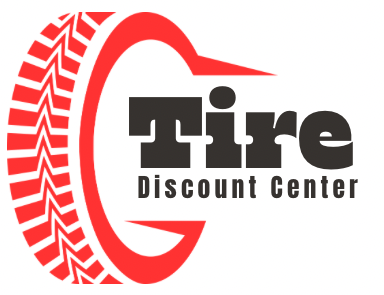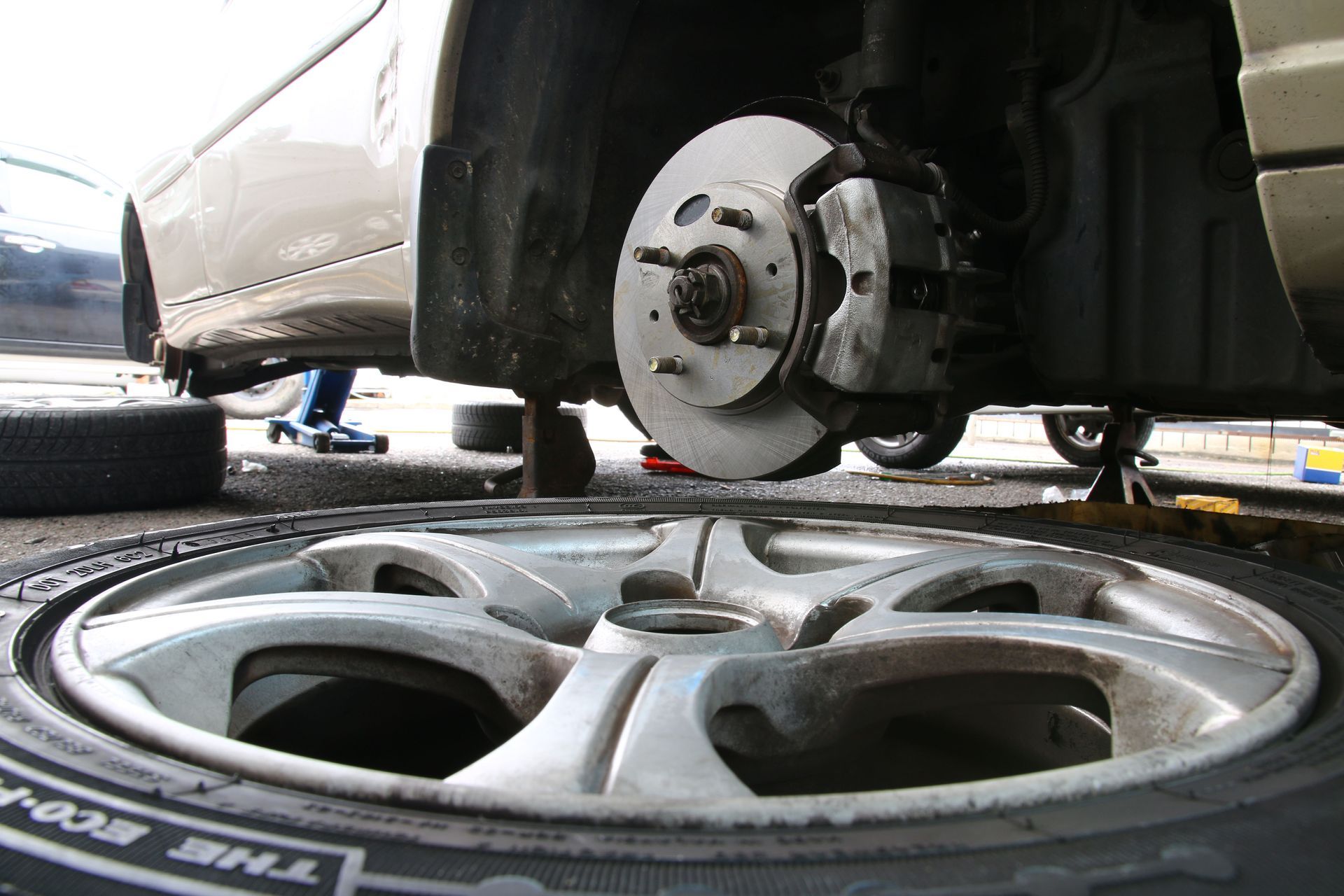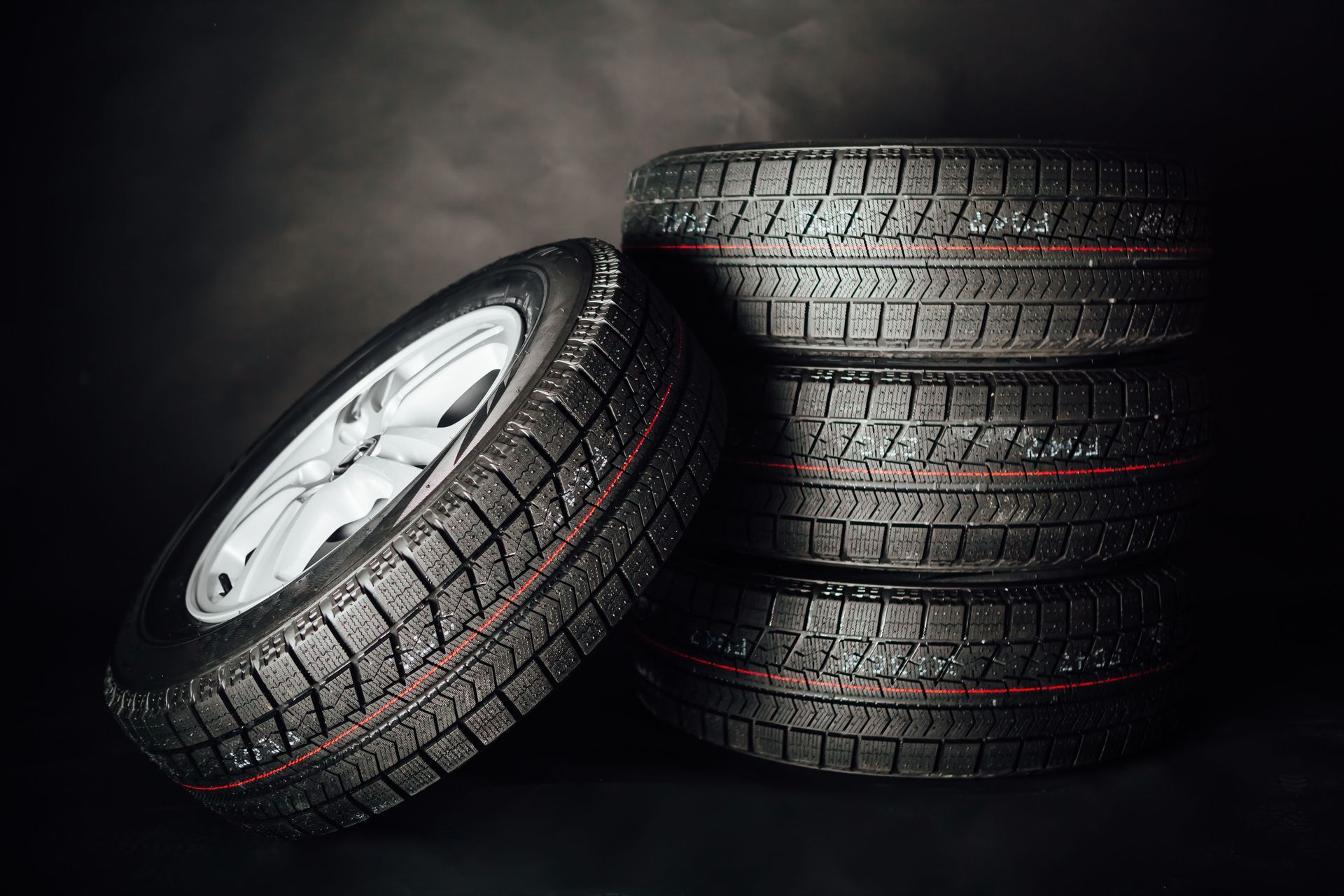October 8, 2025
Owning a vehicle comes with a variety of responsibilities, and one of the most important is maintaining the condition of your tires. Tires are the only part of your car that make direct contact with the road, and they directly impact your safety, fuel efficiency, and overall driving comfort. Neglecting your tires can lead to poor performance and dangerous situations. This article explores the seven essential tire services every car owner should prioritize to keep their vehicle operating smoothly and safely. According to the Wall Street Journal, approximately 30% of U.S. vehicles are overdue for a tire rotation, and 19% are overdue for an oil change, underscoring how often basic maintenance is delayed. Staying on top of tire care not only extends the life of your tires but also ensures safer, more economical driving experiences. In fact, keeping tires in good condition contributes to better fuel economy, fewer mechanical breakdowns, and greater confidence behind the wheel. For families, this peace of mind is invaluable, especially when traveling long distances or facing unpredictable road conditions. By committing to regular maintenance, drivers protect both their investment and their loved ones every time they get on the road.
1. Regular Tire Inspections
Regular inspections are the foundation of tire care. These checks identify potential problems before they escalate into expensive repairs or safety hazards. A complete inspection includes checking tread depth, signs of wear and tear, uneven wear, and valve stem condition. Scheduling these inspections at least once a month helps detect hidden issues early.
Tread depth assessments ensure that tires maintain enough grip to safely navigate wet, snowy, or slippery roads. Without sufficient tread, stopping distances increase, and the chance of hydroplaning rises. Visible signs of wear and tear such as cracks, bulges, or punctures should never be ignored, as they can indicate structural weakness.
Another important part of inspections is checking for uneven wear. This can point to issues like misalignment or suspension problems. If wear is uneven, the tires’ lifespan shortens, and vehicle handling is compromised. Finally, valve stems should be inspected regularly to prevent leaks that affect tire pressure. By catching problems early, drivers save money and increase safety on the road.
2. Tire Rotation
Tire rotation is one of the most essential tire services. It involves moving each tire to a different position on the vehicle to promote even wear. Front tires tend to wear faster due to steering and braking, so rotating them with the rear tires balances out the stress. Most manufacturers recommend tire rotation every 5,000 to 8,000 miles.
Rotations follow specific patterns depending on whether the vehicle is front-wheel, rear-wheel, or all-wheel drive. Properly rotated tires enhance traction, extend tire life, and improve fuel efficiency. For those who want to try rotation at home, DIY methods can be useful, but professional services ensure accuracy and prevent mistakes like improper torque. Since a large percentage of drivers delay tire rotation, staying disciplined with scheduling provides a major advantage in vehicle performance and safety.
3. Wheel Alignment
Wheel alignment ensures that tires meet the road at the correct angle and that the steering system functions properly. Misalignment often results in uneven tire wear, poor handling, and reduced fuel efficiency. Drivers may notice symptoms like the vehicle pulling to one side, an off-center steering wheel, or uneven tread wear.
Professional alignment services adjust the camber, caster, and toe angles of the wheels to match factory specifications. Maintaining proper alignment reduces stress on suspension and steering components while improving fuel economy. Since poor alignment increases rolling resistance, it also forces the engine to work harder, raising operating costs. Investing in regular wheel alignment helps protect both tires and mechanical systems from premature damage.
4. Tire Balancing
Tire balancing eliminates vibrations caused by uneven weight distribution in the wheel assembly. When tires are unbalanced, drivers may experience shaking in the steering wheel or uneven tread wear. Over time, this imbalance can strain suspension parts and shorten tire life.
Technicians balance tires by attaching small weights to the wheel rim to offset any imbalance. Modern dynamic balancing machines spin the wheel to detect even the smallest inconsistencies, ensuring precision. Maintaining proper balance enhances ride comfort, stability, and overall safety. Including balancing as part of regular tire services after mounting new tires or rotating them ensures long-term performance.
5. Tire Inflation and Pressure Monitoring
Proper tire inflation is critical for safety, performance, and fuel economy. Underinflated tires overheat more quickly and can cause blowouts, while overinflated tires reduce traction and ride comfort. Both scenarios increase the risk of accidents and accelerate tire wear.
Checking tire pressure at least once a month with a reliable gauge helps maintain optimal levels. Modern vehicles often include Tire Pressure Monitoring Systems (TPMS), which provide alerts when pressure drops too low. Still, manual checks remain essential to verify accuracy. Seasonal changes also affect tire pressure, as cold weather decreases pressure and hot weather increases it. Consistent monitoring ensures that your tires perform well year-round while maximizing fuel efficiency.
6. Tire Replacement
Even with excellent maintenance, all tires eventually need replacement. Signs that it's time to replace tires include tread worn down to the minimum legal depth, visible cracks, bulges, or frequent air loss. Generally, tires should be replaced every six to ten years depending on driving habits and environmental conditions.
Choosing the right type of tire is equally important. Options include all-season, performance, and winter tires, each designed to suit specific road conditions and climates. Professional installation guarantees that new tires are properly mounted, balanced, and aligned. Old tires should always be disposed of responsibly, often through recycling programs that repurpose them into materials like asphalt or playground surfaces.
Understanding tire warranties also helps drivers get the most out of their investment. Many warranties cover tread life, offering replacement if tires wear out prematurely under normal conditions. Following the manufacturer’s maintenance recommendations ensures warranty protection and maximizes tire longevity.
7. Seasonal Tire Care
Seasonal care is an often-overlooked part of tire services but plays a major role in vehicle performance. Switching to winter tires provides better grip and handling on snow and ice, while summer or all-season tires perform best in warmer months. Failing to use the right tire type for the season can compromise both safety and performance.
Seasonal tire checks should include adjustments to tire pressure, as temperatures directly affect inflation. Storing seasonal tires properly when not in use also helps maintain their condition. By tailoring tire care to the season, drivers extend tire life, improve fuel efficiency, and ensure safer driving in all weather conditions.
Maintaining your vehicle’s tires through regular inspections, rotations, alignments, balancing, inflation checks, replacements, and seasonal care is critical for safe and efficient driving. Tire services not only extend tire lifespan but also improve vehicle performance, enhance safety, and reduce long-term costs. With so many vehicles on the road overdue for basic services like tire rotations and oil changes, staying proactive sets you apart and ensures peace of mind on every trip. Protect your investment, safeguard your passengers, and enjoy smoother driving by prioritizing professional tire care. Consistency in maintenance not only reduces unexpected breakdowns but also boosts overall vehicle reliability and resale value. For expert, affordable, and reliable tire services, contact Tire Discount Center today and keep your vehicle road-ready all year long.






